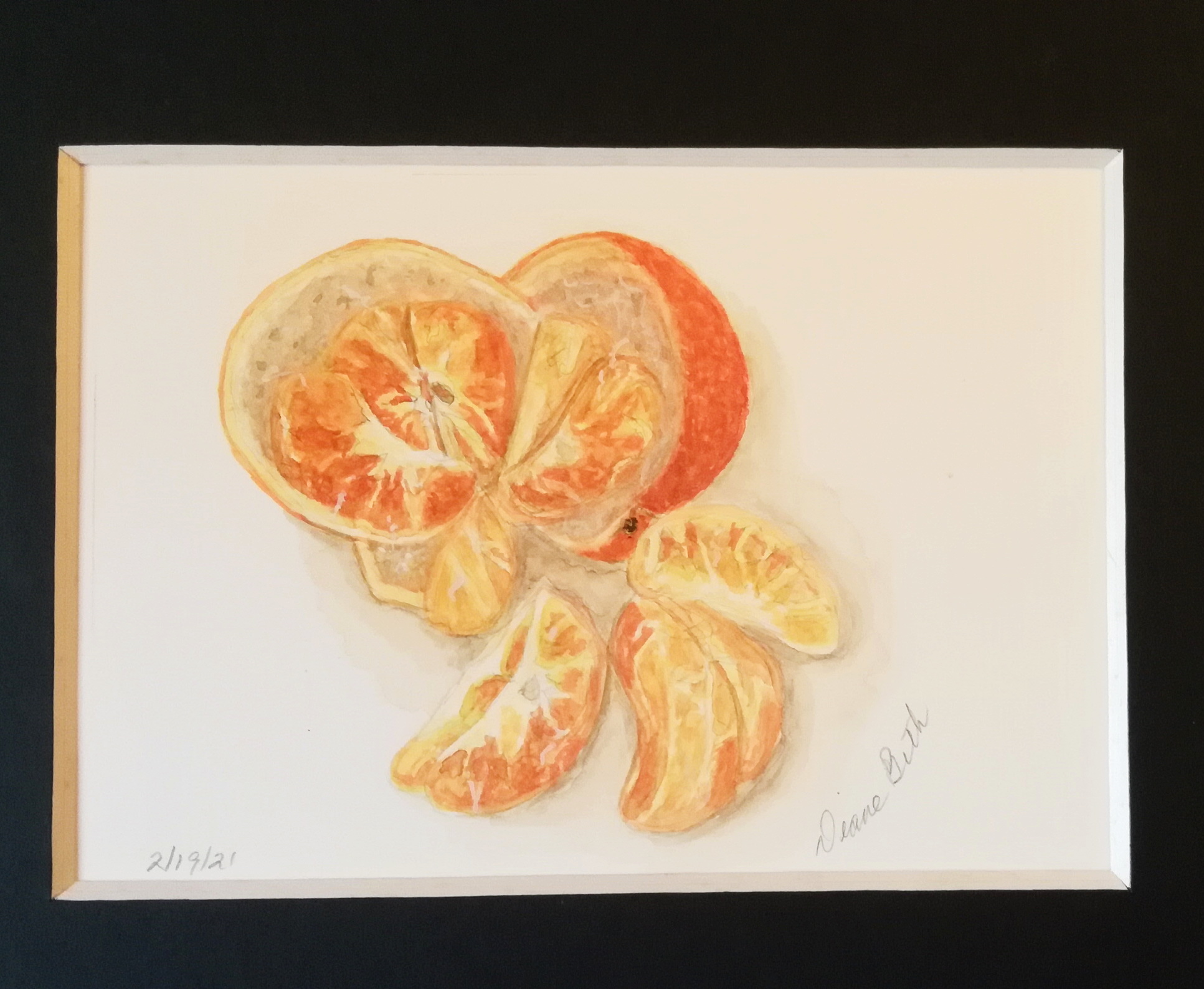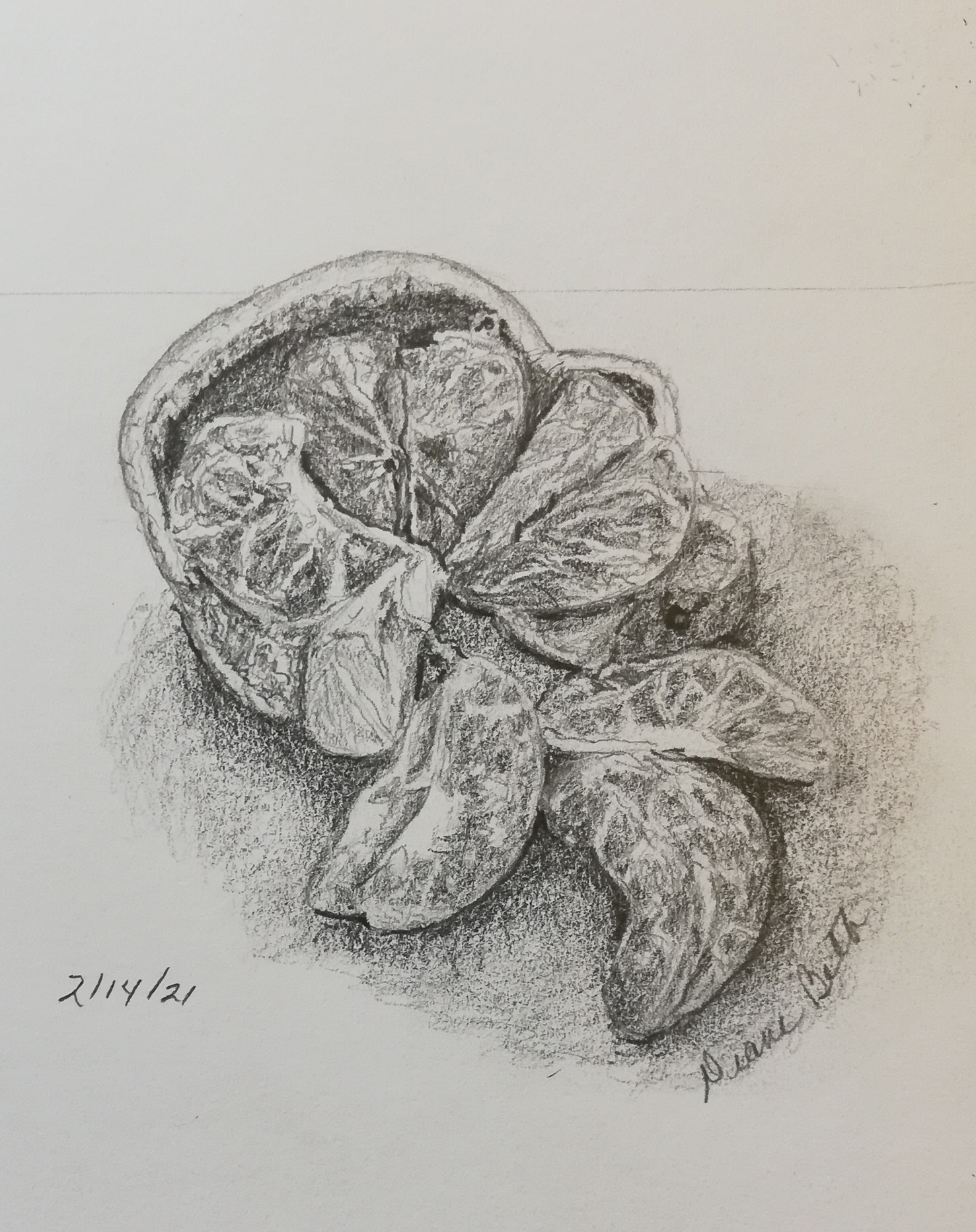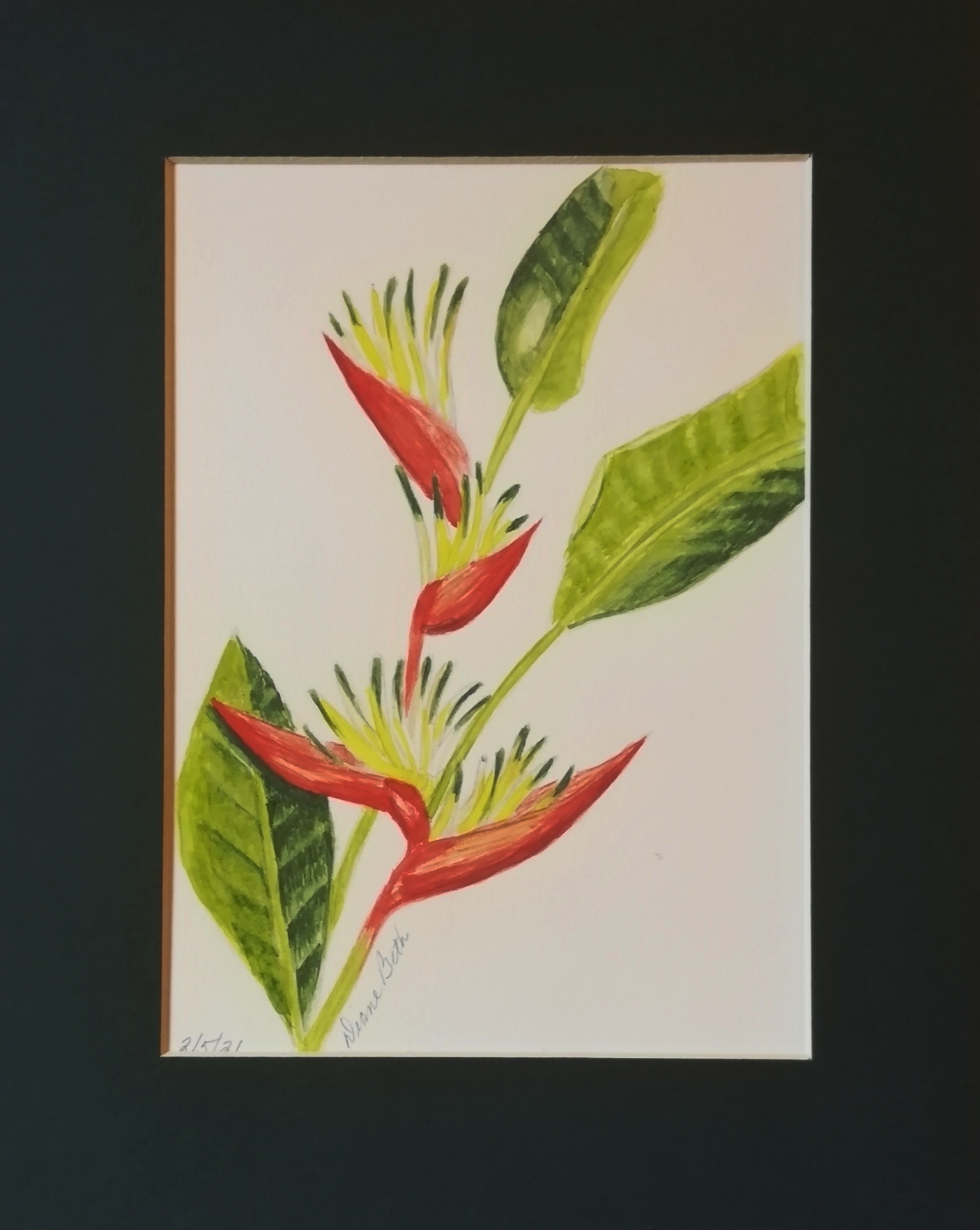What is the Couple and Baby Class?
My husband and I have been teaching marriage and family courses for more than 35 years. I have been sharing information on baby and child development since 2006. We enjoy… Read more »
My husband and I have been teaching marriage and family courses for more than 35 years. I have been sharing information on baby and child development since 2006. We enjoy… Read more »
Time to begin! The course is divided into Lessons to teach a concept, give you examples, and then ways to practice what you are learning. Each lesson includes some articles… Read more »

I learned many lessons, but I think the one that will stick with me the most has to do with reference photos.

Giving these oranges is a symbol of our desire to bless the recipient with prosperity and all good things.

Even when we have to stay home much of the time or the weather is gray, there is still beautiful color around us and there’s plenty to cheer our hearts.